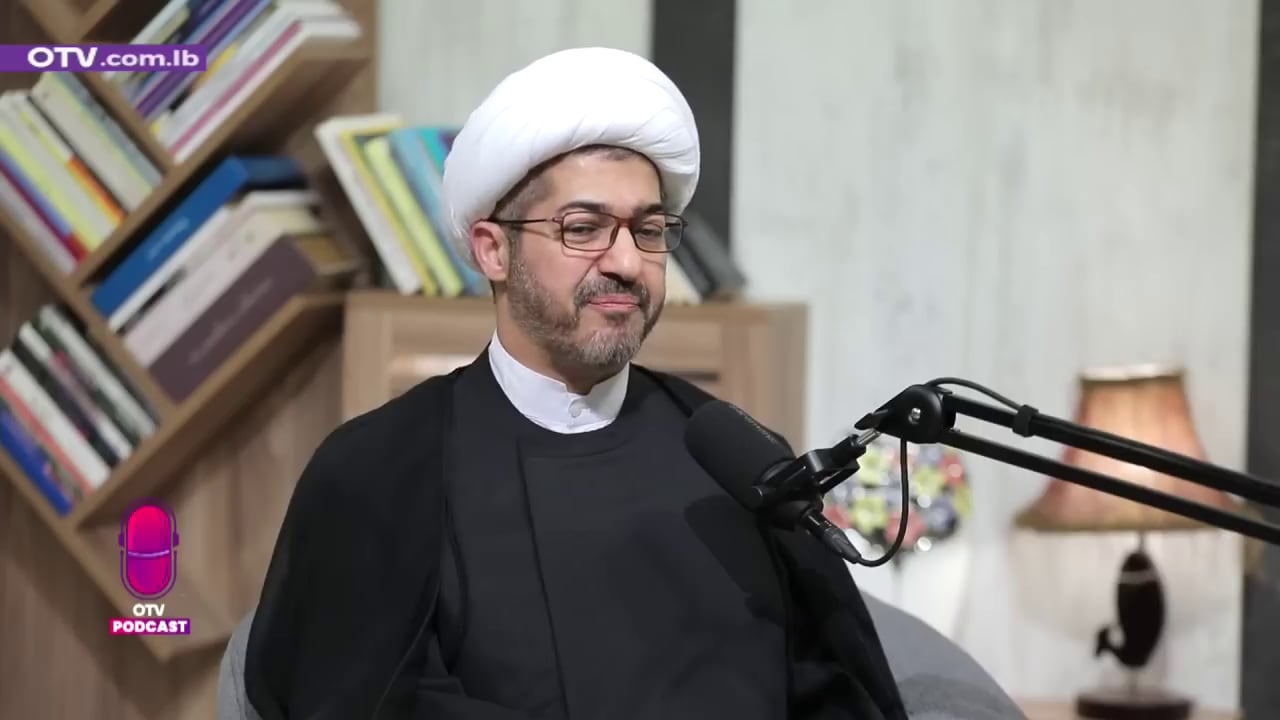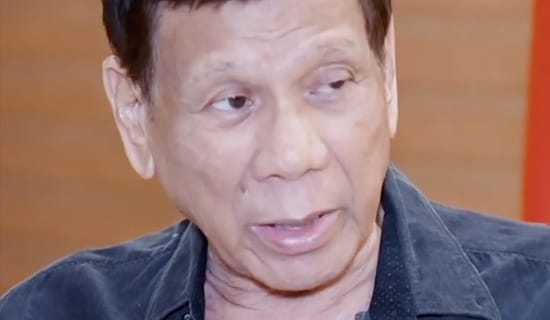
Pro-Hizbullah Lebanese political analyst Qassem Qassir spoke about Hizbullah's changing role in an interview, which aired on NBN TV (Lebanon) on January 6, 2021. He said that Hizbullah's propaganda on the anniversary of the death of Qasem Soleimani backfired and was meant to compensate for the lack of military retaliation. Qassir added that Hizbullah cannot reverse the past 10 years, but it must now leave Syria and return to Lebanon. He said that Hizbullah and the Shi'ites in Lebanon cannot have the country just for themselves, and they must coexist with the others. Qassir went on to say that Hizbullah cannot continue to abide by the orders of the Ruler Jurisprudent Khamenei, and it must resolve its relations with Iran. He suggested that Hizbullah cannot continue the resistance on its own, and it must be incorporated in a Lebanese defense strategy. Lebanon's NBN TV is a pro-Hizbullah channel.
Qassem Qasir: "People talk about an American–Iranian settlement that will reshuffle the region. This requires us, at the very least, to calm down. I would like to apologize for using the expression 'the Shi'ite age.' Right now, people cannot bear to see a poster or statue of Qasem [Soleimani]. I am against all this omnipresent propaganda. Qasem Soleimani does not need all this, but Hizbullah and Iran have their own considerations..."
Interviewer: "Why are you talking about Iranian considerations? Nasrallah said that [Soleimani played a major role in the 2006 war."
Qasir: "I have noticed the scope of the hype in [Hizbullah's] media and cultural circles. Perhaps they are trying to compensate for not retaliating militarily. Perhaps that is why they focus on this morale boost. This is clear in Iran, and in Iraq, and in the entire region. We should acknowledge that this campaign in the media had a negative effect on us, regardless of Qasem Soleimani's role in Lebanon, his support of Lebanon and of the resistance. We should be able to criticize ourselves. Anything excessive causes more harm than good.
[...]
"In the past decade, and for geo–political reasons and the regional conflict, Hizbullah was compelled to [fight] outside of Lebanon. According to the principles of its foundation, Hizbullah must not intervene in the affairs of other countries. Hizbullah learned the lesson of the Arab fronts and leftist movements, who suffered a blow as soon as they intervened in another country. This is what happened to Fatah and to the PFLP. So Hizbullah made the internal decision to not interfere in any other country. I'm talking about Hizbullah, not about Iran's allies in the region."
Interviewer: "But regarding its role in Syria..."
Qasir: "After the crisis in Syria..."
Interviewer: "But Syria asked for it, and now it is considered interference?"
Qasir: "Sayyed Hassan [Nasrallah] spoke about the reasons and circumstances..."
Interviewer: "Right."
Qasir: "Whether he was right or wrong, it is in the past, and we cannot go back in time, to ten years ago. What's done is done. But now, the time has come for Hizbullah... I'm saying this here, on the [pro-Hizbullah] NBN TV. The time has come for it to return to Lebanon.
[...]
"We need the Shi'ites in general and Hizbullah in particular not to feel so high and mighty. This country should include all of us. We need to coexist with everybody..."
Interviewer: "But when Hizbullah feels so high and mighty, in your words, what does it mean on the ground?"
Qasir: "The hyped celebrations on the anniversary of Gen. Qasem Soleimani's martyrdom – this was a kind of show of force. We should take into consideration that there are other kinds of Lebanese citizens, who live in the same country with us. They are our partners, and we cannot simply ignore them. The Shi'ites cannot build a country just for themselves. The notion of diversity protects this country.
[...]
"Hizbullah's first problem has to do with its relations with Iran. With all due respect to this relationship, which had many advantages, Hizbullah cannot keep going the way it has been. It needs to be a Lebanese political party. That's it. If it has religious or moral affinity [to Iran] – that's not a problem. But it cannot continue to say that it abides by orders of the Ruler Jurisprudent. This problem must be resolved. The second problem has to do with resistance. Hizbullah cannot continue to wage resistance all by itself. It must be incorporated within a [Lebanese] defense strategy."













